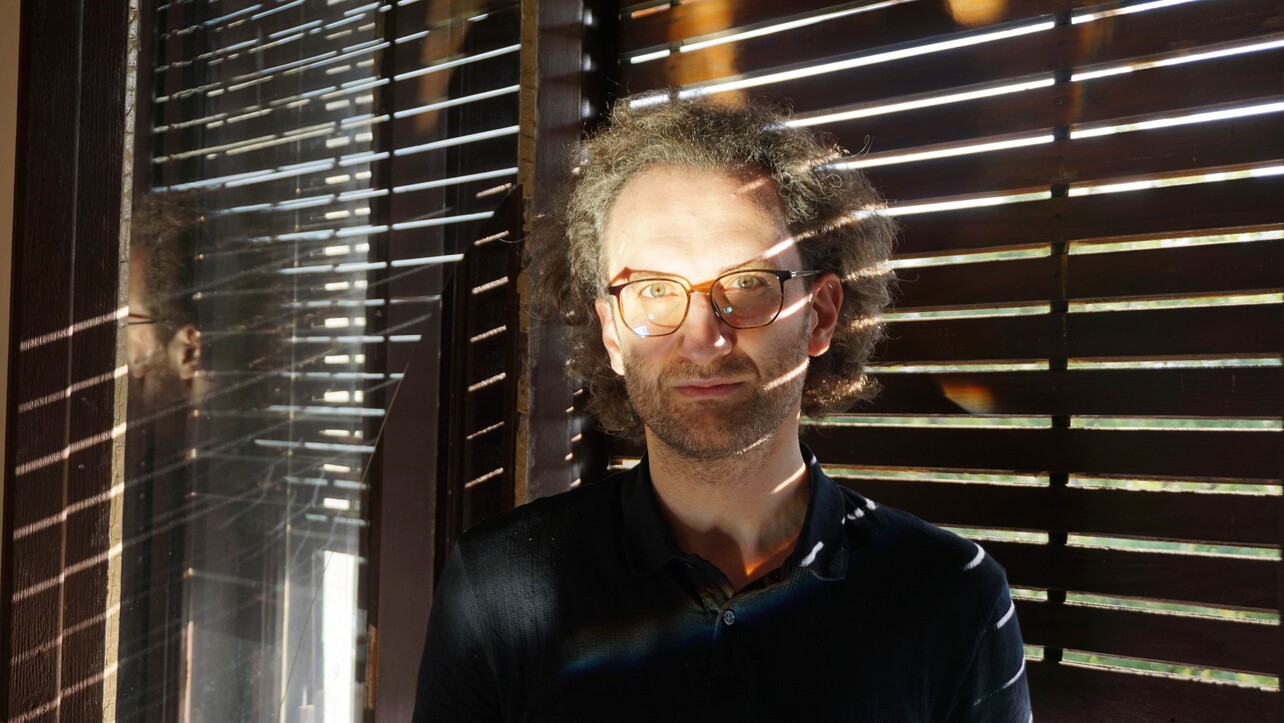Andrei Anastasescu
area: Translation
Key Facts
nationality
Romaniaarea
Translationresidence
Bucharestrecommending institution
BMEIAtime period
September 2021 - October 2021Andrei Anastasescu was born in Râmnicu-Vâlcea (Romania) in 1981. He studied German, Dutch and literary translation at the University of Bucharest and worked, among other things, as a publisher's editor. Today he lives in Bucharest as a freelance translator of German-language literature. He has translated from German works by Hito Steyerl, Rainer Werner Fassbinder, Christian Kracht, Niklas Luhmann, Peter Sloterdijk, Walter Benjamin, Jenny Erpenbeck, Ulrich Plenzdorf, and others. In 2019, he received the Schritte Fellowship from the S. Fischer Foundation, in 2016-2017 the Landis & Gyr Foundation Fellowship, and in 2014 the Looren Translation Fellowship.
My project consists in translating Ilse Aichinger's novel The Greater Hope (1948, 1960) from German into Romanian. The specificity of Aichinger's novel consists in the childlike view of events, which allows a certain playfulness in the face of horror. This playfulness manifests itself in a pronounced sense of paradox. Paradox is, in my opinion, the main stylistic feature of this text. It reflects on a linguistic level what the text achieves in terms of content, namely its utopian potential, the design of a salvation of the world through literature, but without the concrete world with its concrete sufferings being transfigured and thus betrayed. This prose has a certain negativity, which is expressed in puns and paradoxes (bordering on untranslatability), the alienating intrusion of a high, expressionistic language into the everyday conversations of children, the fragmentary nature of perception, and the suggestion of a metaphysical meaning. This meaning-"the greater hope"-does not serve a salvific function, however, but is there only to heighten the tension of the narrative tone. These are, of course, just as many challenges for the translator - both on the technical level and on the level of content, where it is necessary to ascribe the often mysterious, seemingly free-floating voices as accurately as possible to the characters (and to match their affects), not to let my (Romanian) version fall prey to hieratic kitsch, but to let the messianic idea that carries the original text shine through in all its negativity and contradictoriness in the translation as well.
In September and October 2021, I stayed in Vienna as Translator-in-Residence as part of the Q21 program. It was my first residency in two years and the first where I found myself not in an idyllic translator's house as usual, but in the middle of the Museumsquartier in a predominantly artistic context. This unusual shift had a positive effect on my mind as well as on my work. Why not also consider translation as art and include translation artists in a solidary, transdisciplinary network?
My studio with a view of the MUMOK allowed me both - when I wanted to isolate myself - the peace and quiet indispensable for reading and translating, and the sight of constant hustle and bustle in the courtyard, with countless stimuli and attractions to which I could occasionally abandon myself with the blinds pulled up and the windows open. Seclusion and big-city feeling were perfectly matched.
The two months I spent in Vienna were an extremely productive time. My project consisted of translating Ilse Aichinger's novel The Greater Hope into Romanian. During this period, I was able to master the first six chapters of the book (i.e., more than half) as a rough draft. At the same time, I researched on the Internet as well as in the library of the Literaturhaus in Vienna in order to write a preface for the Romanian edition of the novel. Since I usually work on several things at the same time, I also found time to revise my translation of the novel Gehen, ging, gegangen by Jenny Erpenbeck in addition to this main project, and to write an expert opinion on a Romanian translation of Arthur Schnitzler's novellas on behalf of the Federal Ministry of Arts, Culture, Public Service and Sports, which awards translation prizes annually.
Apart from the many author readings, literary and philosophical events, as well as exhibitions and festivals that I attended, I would like to mention the lively exchanges with the other fellows (especially with the translator Stjepanka Pranjković and the artist Claudia Schioppa), as well as my meetings with the Vienna-based writers Jan Koneffke and Uroš Prah, whom I already knew from Bucharest.
Finally, I only hope that I will soon have the chance to work on a translation project in Vienna again. Such excellent conditions for translators can hardly be dreamed of in Romania at the moment. Therefore, I would like to express my great gratitude to Mrs. Karin Cervenka from the Austrian Ministry of Foreign Affairs as well as to the whole team of Q21 and the MuseumsQuartier Vienna for the scholarship and the stay.
